Reporters’ Choice: The Favorite Stories and How They Were Made
Journalism requires curiosity, imagination and steely determination, often under trying circumstances and crushing deadlines. Creating the best journalism, however, requires even more.

There’s a couple old clichés that go, ”It’s just the tip of the iceberg” or “The story behind the story.”
And the fact is there is a huge amount of work that goes on behind the scenes, off the record and on the ground to create the journalism you hear and read every day on WDET.
The Reporters’ Choice is an attempt to shine a light on that process.
WDET journalists chose some of their favorite stories and explain why they did them and what it took to get them to on-air and online.
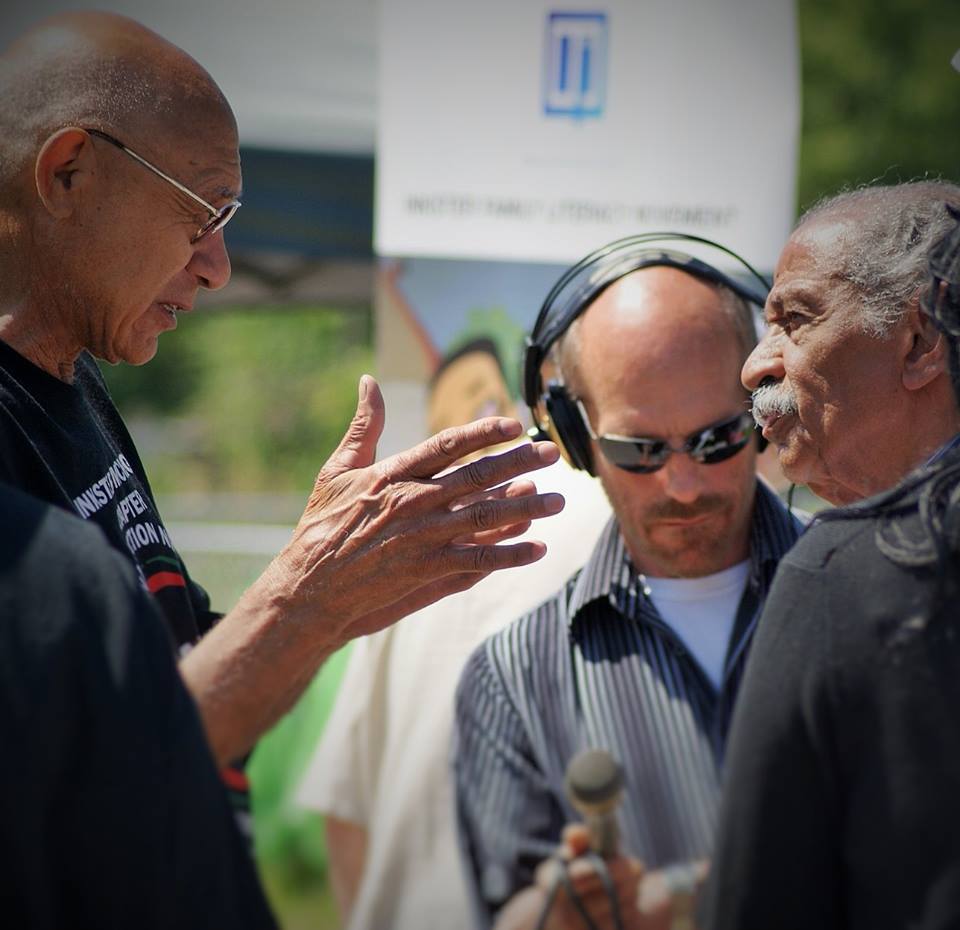
It certainly took some work, in the current, bitterly-divided political climate, to explore stories during the recent midterm elections
And voters in Michigan, and only in Michigan, saw candidates on the ballot from a particular national political party that really no longer exists.
The Natural Law Party dissolved as a political organization more than a dozen years ago.
Yet WDET’s Quinn Klinefelter found Natural Law Party candidates were still running for federal and state office this election cycle in Michigan because, they said, it was a necessary part of a fully-functioning democracy
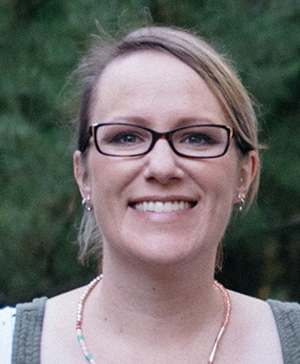
The ultimate outcome of politics is what officials actually do for the public they are elected to serve.
The U.S. Environmental Protection Agency reportedly sat for a lengthy period of time on a study about the harmful effects of polyflouroalkyl substances in drinking water, chemicals more commonly known as PFAS.
POLITICO reported that the EPA hadn’t released the January report because the White House deemed it a “public relations nightmare”.
But a few communities in Michigan were already dealing with nightmare scenarios in trying to clean up PFAS.
As part of the Policy Meets the People series, WDET’s Laura Weber-Davis went to some of those communities to find how they were dealing with waterways tarnished by foam rich in PFAS.
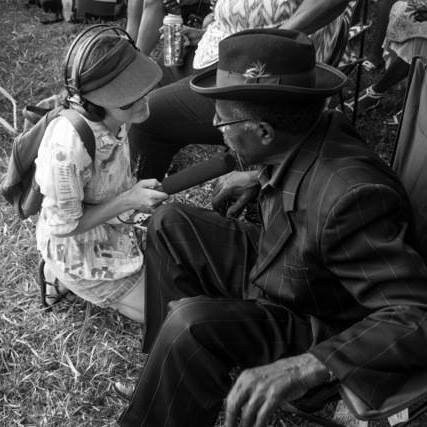
A golf architect is one of those jobs few people probably have hear of if they’re not a golfer.
Basically it’s the person that determines the layout of the holes, the sand traps and other obstacles.
One WDET listener was playing at a course in Detroit’s largest park, the Rouge Park Golf Course, when he thought, “Who came up with this design?”
As part of the sereis CuriosID, WDET’s Laura Herberg set out on a kind of detective’s journey to find the answer.
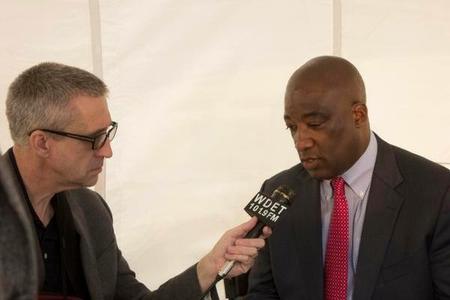
On the northern edge of downtown Pontiac, an old, red brick house sits on a grassy lot surrounded by large, shady trees.
It holds a heritage that includes once serving as the de facto state capitol of Michigan.
One step inside the stately manor is a step back in time.
WDET’s Pat Batcheller took that step and found himself involved in a story he’d never known existed.
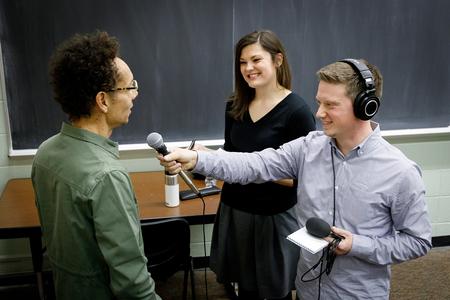
A number of Michigan cities struggle with evictions and the social costs of housing insecurity.
The website EvictionLab.org reports Warren, Detroit and Lansing have some of the highest rates of court-ordered evictions in the nation.
But there are efforts afoot in cities like Cleveland to tackle housing issues through the court system.
WDET’s Jake Neher traveled to Cleveland for a look at how the city is trying to stem housing insecurity and poverty.
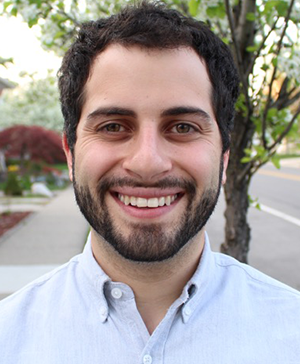
One of the most significant and saddest stories for Detroit and the world this year was the death of famed musician Aretha Franklin.
She was remembered with a week’s worth of celebrations in her hometown of Detroit, including lying in honor at both the Charles Wright Museum of African American History and the New Bethel Baptist Church.
New Bethel held a special place in Franklin’s life.
It was the church she was raised in.
For decades the pastor was her father, he late Rev. C.L. Franklin.
As Detroit mourned the loss of Aretha, WDET’s Eli Newman traveled to New Bethel and examined how the church gave soul to the Queen of Soul.
Beyond music, public visitations are often sober, almost somber events. But the public viewings of Aretha Franklin took on an almost concert-like atmosphere.
Tables quickly lined the sidewalks in front of the museum, packed with posters, tee shirts, CD’s and other memorabilia people had come from as far away as Alabama to sell at the visitation.
Authorized merchandise? Probably not.
A somber event? As WDET’s Quinn Klinefelter discovered, Aretha’s visitation was anything but.
